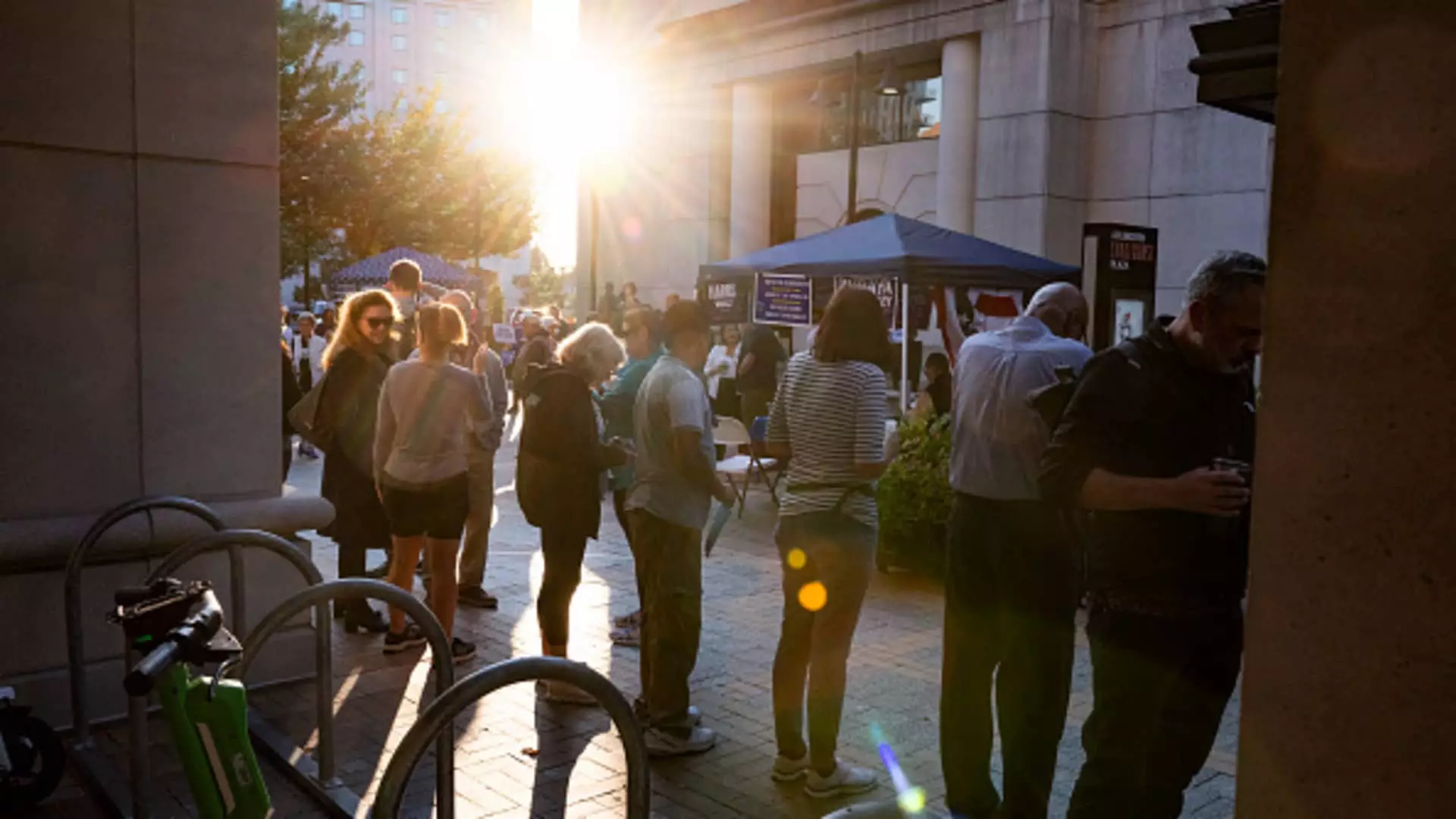In a significant judicial decision, a federal judge has halted the State of Virginia’s initiative to purge alleged noncitizens from its voter rolls. This ruling, articulated by Judge Patricia Giles, comes in response to the state’s actions, which were heavily influenced by Governor Glenn Youngkin’s administrative order dated August 7. The DOJ successfully argued that this voter roll sweep was not only untimely—falling within the 90-day pre-election period prohibited by federal law—but also potentially harmful to citizens whose rights to vote could be infringed.
The judge’s order to reinstate over 1,600 voters who had already been removed underscores serious concerns about the integrity and fairness of the electoral process. The timing of the purge, occurring just weeks prior to an important election, raises questions regarding the motivations behind such measures, especially when given the charged political atmosphere surrounding the imminent presidential contest.
Governor Youngkin’s directive was predicated on claims that individuals who had self-identified as noncitizens on their Department of Motor Vehicle documentation warranted being removed from the rolls. However, the federal court’s investigation revealed that a concerning number of those purged were likely U.S. citizens. In an alarming finding, the DOJ identified at least 43 people in one county alone who had been wrongfully eliminated from the voting lists. This raises the significant issue of how voter suppression tactics can lead to disenfranchisement of eligible voters, casting a shadow over the legitimacy of such administrative decisions.
During a court session, Judge Giles poignantly questioned the motivations behind the governor’s order, implying that it was strategically timed to coincide with the forthcoming election. Her comments reflect a deep concern not only for the affected individuals but for the fundamental principle of fair access to voting—a right increasingly contested in contemporary American politics.
The state’s immediate response to appeal the ruling exemplifies the intense political division on this issue. Youngkin framed the judge’s decision as a troubling precedent that could permit noncitizens to influence electoral outcomes, thus creating a charged atmosphere of fear around voter integrity. His assertion that the individuals who were reinstated had previously confirmed their noncitizen status adds another layer of complexity, questioning whether the judicial system can effectively navigate the balance between upholding the law and protecting citizens’ voting rights.
As this saga unfolds, both the legal and political ramifications will have profound implications. The case is likely to become a focal point in discussions surrounding election integrity and voter access, raising the stakes not only for Virginia but for similar legislative practices across the nation. With the possibility of further appeals extending to the U.S. Supreme Court, all eyes are on how these proceedings will shape future electoral policies and voter protections in an increasingly polarized political environment.
The ruling to block the voter roll purge illuminates the complicated dynamics between state initiatives aimed at securing elections and the constitutional rights of citizens. With close elections prompting heightened scrutiny over accessibility and fairness, the intersection of law and politics remains fraught with tension. The outcome of this case will undoubtedly reverberate beyond Virginia, serving as a critical bellwether for how similar issues are handled in states across the country. As the electoral landscape continues to evolve, the importance of safeguarding the right to vote for all legal citizens remains paramount.


Leave a Reply